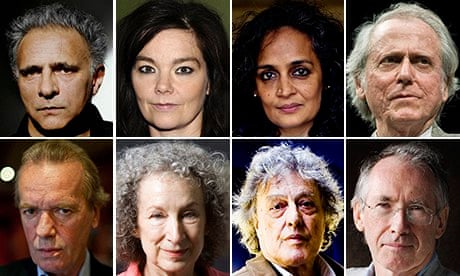A stand for democracy in a digital age
In recent months, the extent of mass surveillance has become common knowledge. With a few clicks of the mouse the state can access your mobile device, your email, your social networking and internet searches. It can follow your political leanings and activities and, in partnership with internet corporations, it collects and stores your data, and thus can predict your consumption and behaviour.
The basic pillar of democracy is the inviolable integrity of the individual. Human integrity extends beyond the physical body. In their thoughts and in their personal environments and communications, all humans have the right to remain unobserved and unmolested.
This fundamental human right has been rendered null and void through abuse of technological developments by states and corporations for mass surveillance purposes.
A person under surveillance is no longer free; a society under surveillance is no longer a democracy. To maintain any validity, our democratic rights must apply in virtual as in real space.
* Surveillance violates the private sphere and compromises freedom of thought and opinion.
* Mass surveillance treats every citizen as a potential suspect. It overturns one of our historical triumphs, the presumption of innocence.
* Surveillance makes the individual transparent, while the state and the corporation operate in secret. As we have seen, this power is being systemically abused.
* Surveillance is theft. This data is not public property: it belongs to us. When it is used to predict our behaviour, we are robbed of something else: the principle of free will crucial to democratic liberty.
WE DEMAND THE RIGHT for all people to determine, as democratic citizens, to what extent their personal data may be legally collected, stored and processed, and by whom; to obtain information on where their data is stored and how it is being used; to obtain the deletion of their data if it has been illegally collected and stored.
WE CALL ON ALL STATES AND CORPORATIONS to respect these rights.
WE CALL ON ALL CITIZENS to stand up and defend these rights.
WE CALL ON THE UNITED NATIONS to acknowledge the central importance of protecting civil rights in the digital age, and to create an international bill of digital rights.
WE CALL ON GOVERNMENTS to sign and adhere to such a convention.
Signed by more than 500 writers from around the world
Click on the column headers to sort by first name, surname or nationality






